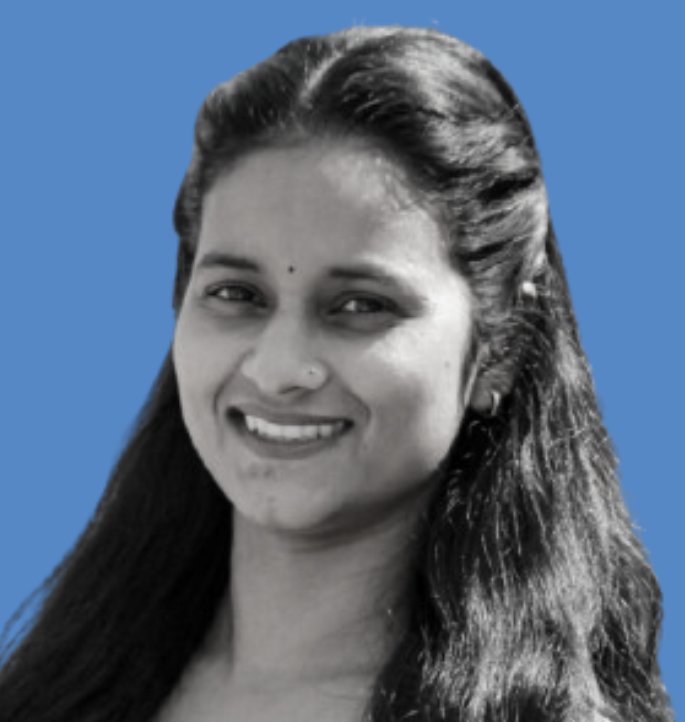My experience was really great, I have really learnt alot. All the sessions were really put together in an excellent way that I understand. I must say thank you to all the facilitators who did a excellent job. Once again thank you all.

The Professional Diploma in Forensic Photography by SIFS India is crafted to equip students with an in-depth understanding of the principles and practices of crime scene photography.
Crime scene photography is an essential aspect of forensic investigations and plays a crucial role in collecting and preserving evidence. The course aims to equip students with the necessary knowledge and skills to capture accurate and reliable images of crime scenes within a legal framework.
Crime scene photography acts as a powerful tool for documenting, collecting, and preserving critical evidence. A few major topics covered in this course are: types and purpose of forensic photography, role of forensic photographers, understanding camera settings, crime scene and laboratory photography, types of crime scenes, photography techniques, photographic documentation of bodies, wounds and artifacts, types of evidence, and special cases like accidents, under water, aerial, surveillance, photogrammetry overview, 3D photography equipment and techniques, forensic photography report writing, and testifying as an expert witness.
Through a blend of theory and real-life case studies and regular assignments, you will become proficient in handling cameras, understanding lighting, and clicking shots that not only convey the scene's details but also its context. You will gain the expertise to follow best practices to ensure your photographs stand up to scrutiny in a court of law.
Your technical crime scene photography skills, along with your knowledge of ethical and legal considerations, can land you high-profile jobs in insurance companies, the media and journalism sectors, private investigation firms, risk management firms, archaeological and anthropological departments, law enforcement agencies, or you can even become a private forensic photographer.



